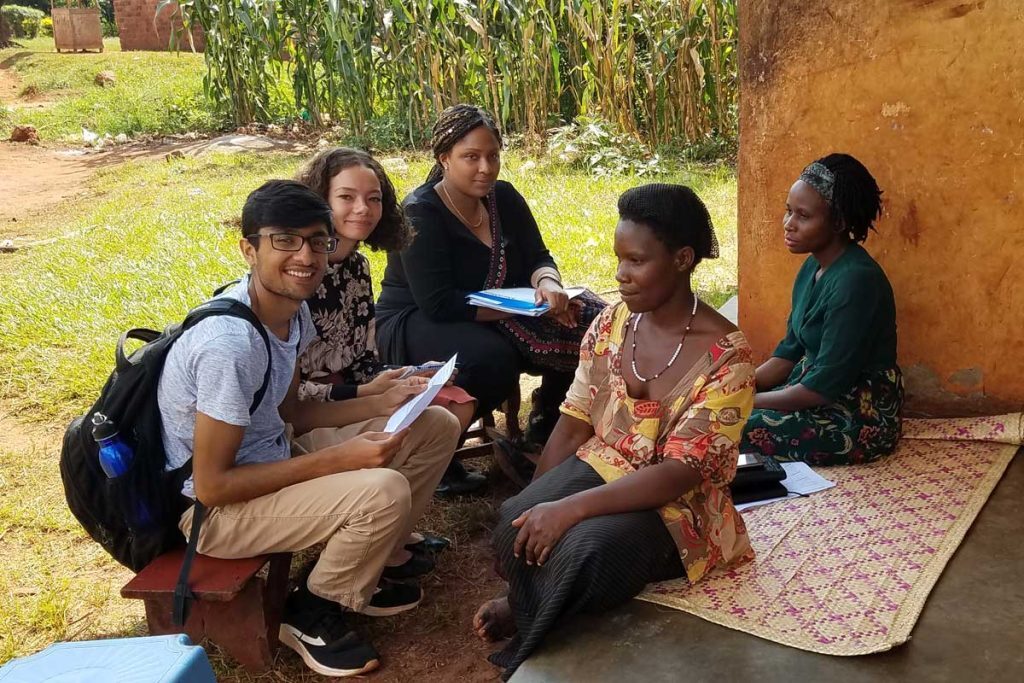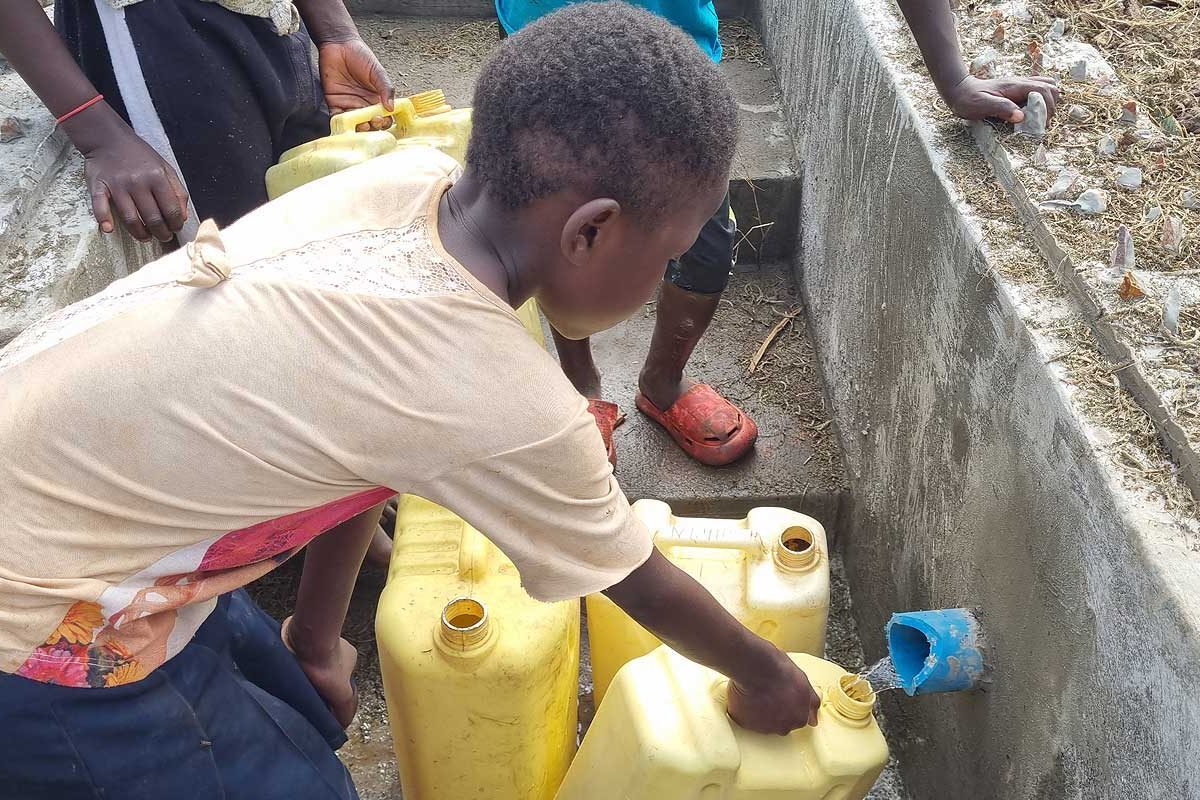Who we are
Foundation for Sustainable Development (FOSCOD) is a registered Ugandan Indigenous NGO empowering rural community through ethical, sustainable development practices.
We believe rural communities are key to a sustainable future, focusing our work on environmental innovation and clean energy adoption through our Community Empowerment & Development (CED) Program, which advances clean energy and community-led sustainability, and the Global Learning Exchange (GLE) Program, which trains ethical development practitioners through hands-on experience. We empower underserved communities with skills, resources, and partnerships to lead in clean energy and environmental stewardship.
Our 2025-2030 strategic plan aims to transform communities into centres of excellence for environmental stewardship and renewable energy—join us in creating a more sustainable, equitable future for rural Uganda.

Our Vision
We envision a world where rural communities are at the forefront of environmental sustainability and clean energy adoption, strengthened by global partnerships.
Our Mission
Our mission is to empower rural communities through innovative environmental solutions, ethical sustainable development, and global knowledge exchange.

Our Values
Holistic Development
Recognize the interconnected nature of education, health, economic empowerment, and environmental sustainability in achieving sustainable community growth, promoting global knowledge exchange to address common challenges across regions.
Equity and Inclusivity
Commit to providing equal opportunities for all individuals, regardless of gender, age, or socio-economic background, ensuring marginalized groups have access to the same resources and opportunities as others, including clean energy solutions and environmental education
Community-Driven Solutions
Empower local communities to take ownership of their development by supporting locally led initiatives that respond to specific needs, ensuring solutions are culturally relevant, sustainable, and incorporate renewable energy technologies that respect local environments.
Sustainability and Innovation.
Prioritize long-term impact and sustainable development, encouraging innovative approaches to address systemic challenges like poverty, climate change, and health inequalities, with special emphasis on renewable energy adoption and cross-cultural innovation sharing.
Collaboration and Partnership
Build strong partnerships with governments, local organizations, and international stakeholders to share knowledge, resources, and best practices that contribute to achieving shared development goals, fostering global learning networks to accelerate environmental solutions
Transparency and Accountability
Uphold the highest standards of transparency, ethical practice, and accountability in all operations, ensuring responsible management of resources and consistent reporting on impact.
Empowerment through Education
Focus on education as a key driver of empowerment, ensuring that individuals and communities are equipped with the knowledge and skills necessary to create lasting change.
